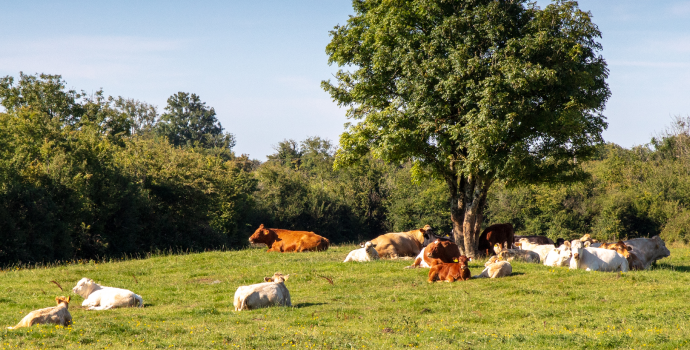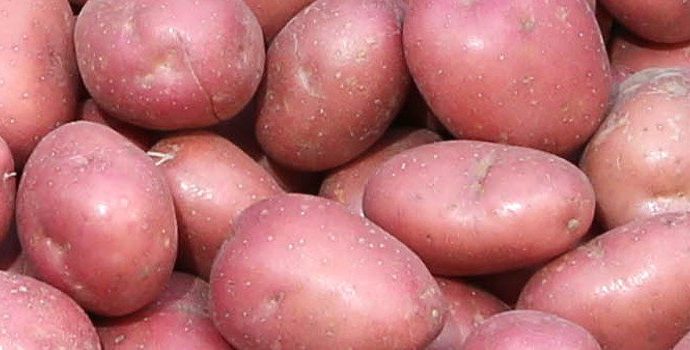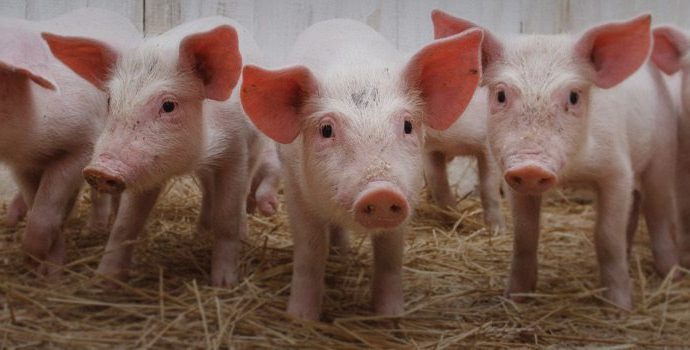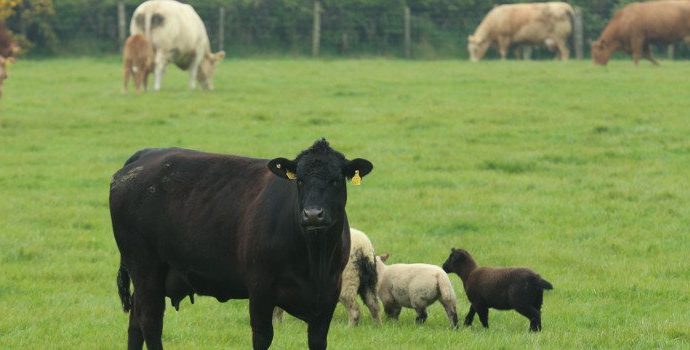Eu Support Package Must Not Discriminate Against Irish Dairy Farmers
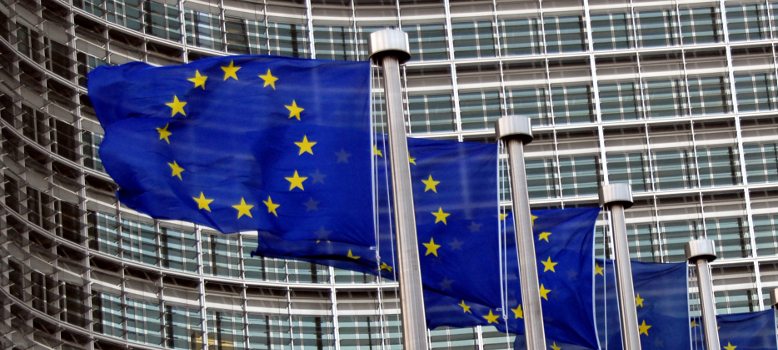
IFA National Dairy Committee Chairman Sean O’Leary today (Tues) said the EU dairy support package to be presented by the EU Commission to the Council of Agriculture Ministers on 18th July must reflect the fact that the dairy income crisis is affecting all EU dairy farmers, and that the consequences of Brexit may uniquely impact the Irish dairy sector.
He called on Minister for Agriculture Michael Creed to resist any conditionality in aids, especially relating to the requirement to reduce production, and to put forward Ireland’s concerns relating to Brexit to ensure Irish dairy farmers can avail of fair and equitable levels of support.
IFA will be meeting on Thursday with the Hogan Cabinet with like-minded Dutch, Danish, Swedish, German, UK and NI farm organisation representatives to resist any such discrimination, and press for additional funding so that this package does not rely on the Crisis Fund.
“Food Harvest 2020 flagged the Irish dairy sector’s expansion plans as early as five years before the end of quotas. Farmers and co-ops have made investments in the legal certainty of the end of quotas in 2015. That a combination of global supply and demand factors led to a prolonged downturn which coincided with the end of quotas is unfortunate. However, it was not the fault of those EU farmers – such as the Irish – whose extra milk production has not relied substantially on market supports, but has been sold commercially on the global market place,” Mr O‘Leary said.
“EU output growth is already slowing, even falling back in some countries (France, the UK, Poland). EU cow slaughters for the first quarter of 2016 are up 5.8%, April slaughters up 12.6%, with increased culls in France, the UK, the Netherlands and Germany,” he said.
“So, is it wise, as some advocates argue, to link any EU funded aid to production decreases and will it really speed up milk price recovery? Global factors govern the milk price paid to most, if not all, EU dairy farmers. Unilateral production reductions in the EU will not address output growth in the US, nor will it address the strain on demand from the extended Russian ban, the slower buying growth from China and lower oil revenues,” he said.
Mr O’Leary warned against using the Crisis Reserve, as some have advocated, to provide for this aid package. The Crisis Reserve is funded from a deduction from every farmer’s basic payment. Direct Payments made up 32% of dairy incomes in 2015 according to the Teagasc National Farm Survey.
“All EU dairy farmers need support through this prolonged slump, as their incomes and cash flows have come under massive strain. A recovery is afoot, but it will take time to translate into viable milk prices – EU farmers did not cause the slump, and all, including Irish dairy farmers, need fair and equitable supports funded from non-CAP EU funds,” he concluded.

